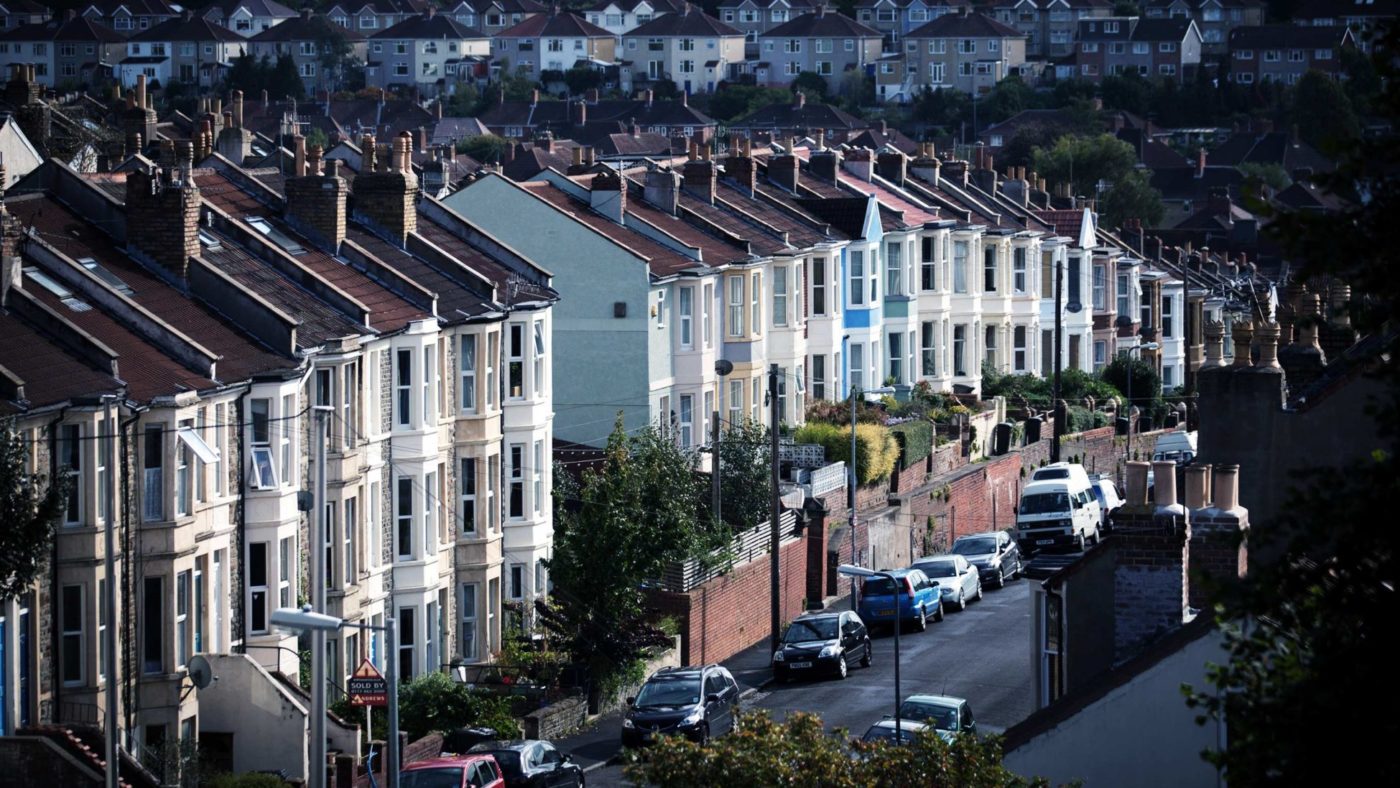The Government has today announced a new programme, First Homes, which will give first time buyers a whopping 30% discount on the price of a new home. The Ministry of Housing, Communities, and Local Government believes the discount on the average newly-built home in England would be £94,000.
With discounts like that, it’s no wonder the policy was rolled out complete with emoji-laden tweets from Secretary of State Robert Jenrick but the policy – like the existing Help to Buy scheme – will likely have a number of unintended consequences.
The UK has one of the most centralised and restrictive planning systems in the world which – decade after decade – has strangled the housebuilding sector and pushed house prices to a stage where an entire generation finds it hard to believe they will ever be able to afford their own home, but First Homes is not the way to address this issue.
Just as with Help to Buy under the Coalition government, First Homes does nothing to increase the supply of homes and everything to increase demand. With house prices already massively inflated by restricted supply, the results of this programme are likely to be increased house prices for other buyers as developers seek to make up for lost revenue.
MHCLG have said the discounts will be funded “through the contributions that housing developers routinely provide through the planning system”. Not only does this mean that developers will be paying for the privilege of reduced housing prices, these contributions are a vital (if insufficient) tool to assuage local communities’ concerns about the impact of building new homes.
Contributions are used to fund amenities in the local area – be it a community centre or additional roads and traffic infrastructure. If these contributions are diverted into giving a discount to first-time buyers, it is easy to see how NIMBYs will have even less of an incentive to allow the construction of new homes. This will exacerbate an already bad situation.
Secondly, the scheme will be targeted at people looking to buy in their local area but are finding themselves priced out. Setting aside the fact that the easiest way to bring down house prices in a pretty rural village that is unaffordable for the under-50s is to build more houses, this seems to be a disaster for social mobility. Many young people growing up outside big cities can find it difficult to find work in their local area.
If the Conservative Party want to reach out to voters in their new Blue Wall constituencies they need to realise the problem in these places is not primarily unaffordable housing – the average house price in Blyth Valley is £145,000, well below the England/Wales average of £235,000 – but a lack of jobs with opportunities for progression, with a steadily rising income as you progress. Social mobility relies on people being able to move to where the jobs are, but this policy does the opposite, making peoples’ dreams of home ownership contingent on staying where they were born.
Thirdly, and this is a minor point, the scheme will enable local councils to target the discount at front-line workers like police, nurses, and teachers, as well as veterans as part of the Armed Forces Covenant. The fetishising of public sector roles to the point where people are being rewarded with a discount on homes seems patently ridiculous, particularly when people on very low wages in the private sector get no such help.
Another of Robert Jenrick’s tweets refers to this as “helping key workers get a home” (emphasis mine). Defining which workers are “key” to the UK can be done in a number of different ways; the hospitality sector is the UK’s fourth largest industry, employing over 3 million people, but no one is arguing for a 30% discount on new homes for their local barmaid.
Police, nurses, soldiers, and teachers provide valuable services for the country and their local communities, but the Government should not be interfering in the housing market based on job titles. This creates terrible political incentives, because, quite understandably, members of other professions will then want to be classified as “key workers” too and lobby for that designation.
A final confusing element of the policy is the fact that the discount will be passed on to future first-time buyers. The Government’s announcement implies that they intend for the property to be only re-sold to first-time buyers, which would add a major distortion in an already dysfunctional market and create an undesirable tiered system of homes.
The basic problem is that our current housing market resembles a game of musical chairs. As long as there are more players than chairs, somebody will always lose out. Setting aside a set of specifically designated “First Chairs”, reserved for people with particular characteristics, may, in a narrow sense, help those people. But it will inevitably create problems elsewhere.
Click here to subscribe to our daily briefing – the best pieces from CapX and across the web.
CapX depends on the generosity of its readers. If you value what we do, please consider making a donation.


